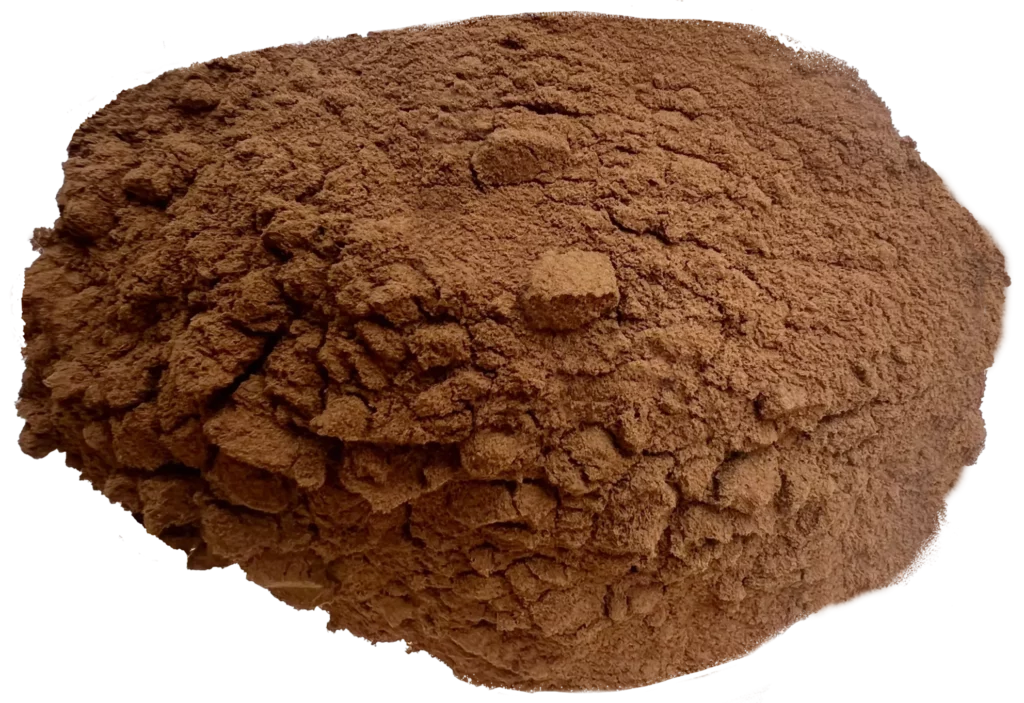
Sodium Lignosulfonate
At Upstream Business, we take pride in providing premium-grade raw materials. Our lignosulfonates yield products that consistently meet the highest standards across various industries, including:
- Agriculture
- Concrete Additives
- Water Treatment
- Mining
- Drilling
- Carbon Black
- Ceramics and Refractories.
Lignosulfonates in agriculture
One of the agricultural applications of lignosulfonates is their role as dispersants in pesticides. They ensure a uniform distribution of active agents in liquid solutions and function as binders and humectants in dry products.
Both sodium and calcium lignosulfonates are highly soluble, enhancing their absorption by plants. As a result, they serve as micronutrient providers for agricultural soils, benefiting the crops directly through foliar application.
Lignosulfonates as concrete additive
Lignosulfonates find application as plasticizer additives in the concrete industry, enhancing its workability and substantially reducing the required amount of mixing water. This, in turn, leads to improved mechanical strength and faster setting of the concrete, resulting in a less permeable, more homogeneous, and aesthetically appealing end product. Typically, sodium and calcium lignosulfonates are employed for this purpose.
Some of the benefits are:
- They impart enhanced strength and durability to concrete.
- They reduce the water content, increasing the fluidity of the mixture, and improving its rheological properties.
- They exhibit retardant effects as concrete admixtures.
Lignosulfonates for water treatment
We offer a range of raw materials for formulating water treatment products, including flocculants, suppressors, and dispersants.
Lignosulfonates play a vital role in water treatment product formulations, acting as dispersing-chelating agents in various industrial cleaning applications, boiler water treatment, and cooling towers. Their multifunctional capabilities encompass preventing the formation of calcareous deposits (dispersion and suspension of carbonates and phosphates) and inhibiting corrosion through the complexation of metal cations.
Lignosulfonates as chemical additives for mining
Our raw materials play a crucial role as flotation reagents in mining operations, acting as dispersants and suppressants for various metallic and non-metallic minerals.
In mining, lignosulfonates find application in dust suppression. Their plastic properties aid in compacting clayey soil, effectively reducing dust. The binding action of lignosulfonates is a combination of physical and chemical forces, arising from intermolecular interactions between molecules.
Some of the benefits are:
- High efficiency in reducing dust.
- Decreases water consumption.
- Contributes to lowering pollution levels and complying with environmental standards.
Lignosulfonates as drilling mud additives
Lignosulfonates are employed as lubricant additives for water and clay-based muds. They enhance the rheological properties, providing lubrication for drills and preventing gas, crude oil, or water from being expelled under hydrostatic pressure.
Additionally, lignosulfonates act as dispersants for clay particles and other solids, preventing the formation of lumps and maintaining fluid homogeneity, thereby reducing losses through lateral filtration.
Lignosulfonates for carbon black applications
Liquid lignosulfonates function as binders for the fine particles of carbon black during the pelletizing process. Simultaneously, they act as dispersants, ensuring a homogeneous mixture between the pigments.
The advantages of using liquid lignosulfonates include:
- Their binding properties help reduce the emission of airborne particles from the ovens.
- They effectively disperse carbon black particles, achieving a proper and uniform distribution.
Lignosulfonates raw material for ceramics and refractories
Lignosulfonates find application in the ceramic and refractory industry as plasticizers, resulting in reduced water usage, improved workability, and enhanced fluidity of the materials. Their adhesive properties also contribute to minimizing the occurrence of cracks in the finished products.
The benefits of using lignosulfonates in this industry include:
- Prevention of incrustations in production equipment.
- Enhanced mechanical strength of the final products.
- Reduction in water consumption during manufacturing processes.

